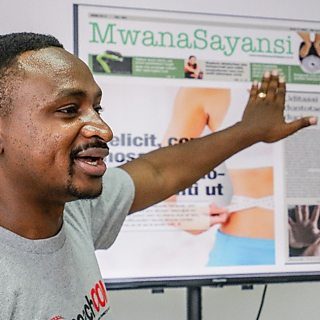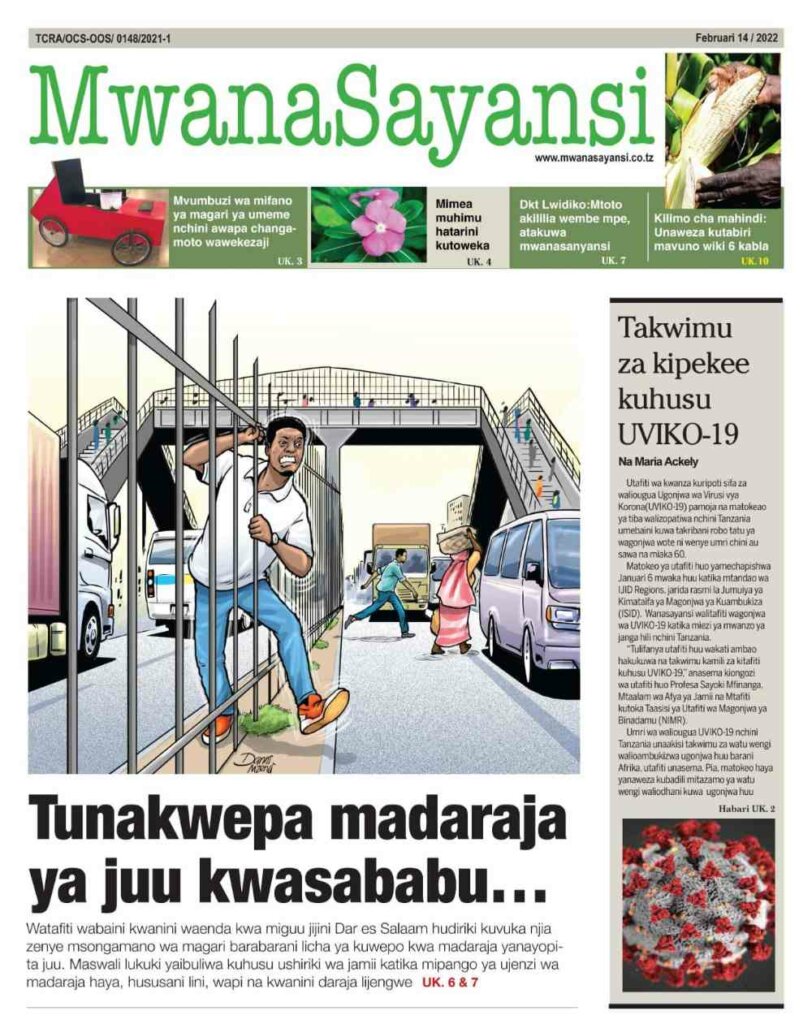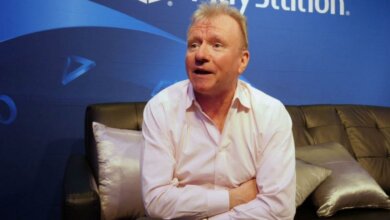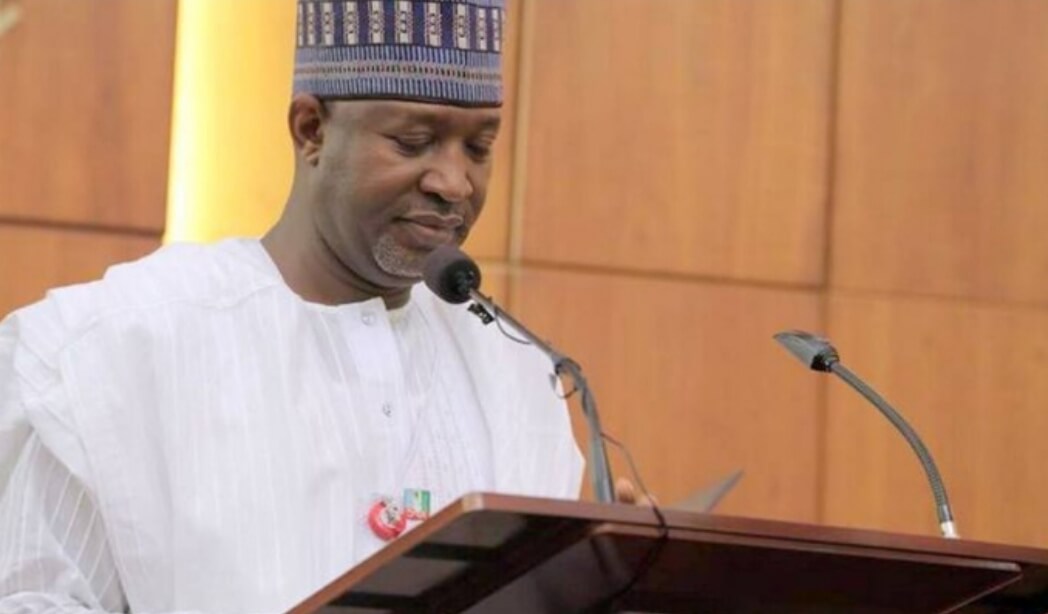First Science & Technology Newspaper written in Swahili Language Launched in Tanzania

Tanzanian journalist and medical doctor, Syriacus Buguzi, believes in the importance of communicating science in the Swahili language.
He started MwanaSayansi, the first science and technology newspaper written in Kiswahili “to make sure that information in science goes to the people in the language they love most.”

Listen to his full interview on BBC Africa here
Syriacus Buguzi is a trained medical doctor who has turned to journalism. He began his journalistic career as a health correspondent with The African in 2009-2010. Thereafter, he joined The Citizen in 2011.
In 2014, Buguzi won the David Astor Journalism Award – winner from Tanzania. He was attached to The Independent in London for a month, working with its health and science reporters, and spent two weeks at The Observer/Guardian.
Before Buguzi’s innovation, discussions have been surrounding using native languages to teach students and locals. Many have asked what’s wrong with African countries learning science in their own tongues? This was in comparison to Western and Asian countries learning science in their respective languages.
In many Africans’ view, Africa should be swimming against the tides of neo-colonialism considering educational language as another pivotal area.
Read Also: Africa’s Heritage is Humanity’s – and it’s been overlooked for too long | Sada Mire
Tanzania in particular in 2015 announced a historic transition away from English as the primary language of teaching in its schools, replacing it with Swahili.
In line with National Vision 2025, the then president Jakaya Kikwete launched a new education system on February 13, 2015 that will prolong basic education from seven to eleven years, provide free education at the primary and secondary levels, and eliminate national examinations for elementary school pupils.
It appeared to be one of the first occasions in Africa where students at all levels would be taught in an African language rather than a foreign language.
In the same year, British Council published an article analyzing the need for teaching African students in their home languages.
“Research has shown that in learning situations where both the teacher and the learner are non-native users of the language of instruction, the teacher struggles as much as the learners, particularly at the start of education,” said Angelina Kioko, a professor of English & Linguistics at United States International University, Nairobi, Kenya.
In her further assertions, she noted that if you teach learners in their native language, they can firstly understand that seeds require soil, moisture, and temperature in order to germinate. In whatever case, this does not need to be retaught in English.
Read Also: Wikipedia Ghana starts second photo project for 500 notable people in Ghana
They will translate the information after they acquire a sufficient vocabulary in English. As a result, knowledge and skills can be transferred from one language to the next.
Starting school in the learner’s native language does not delay education; rather, it accelerates the acquisition of the skills and attitudes required for formal education achievement.
Source: BBC Africa | British Council
Abeeb Lekan Sodiq is a Managing Editor & Writer at theafricandream.net. He’s as well a Graphics Designer and also known as Arakunrin Lekan.



